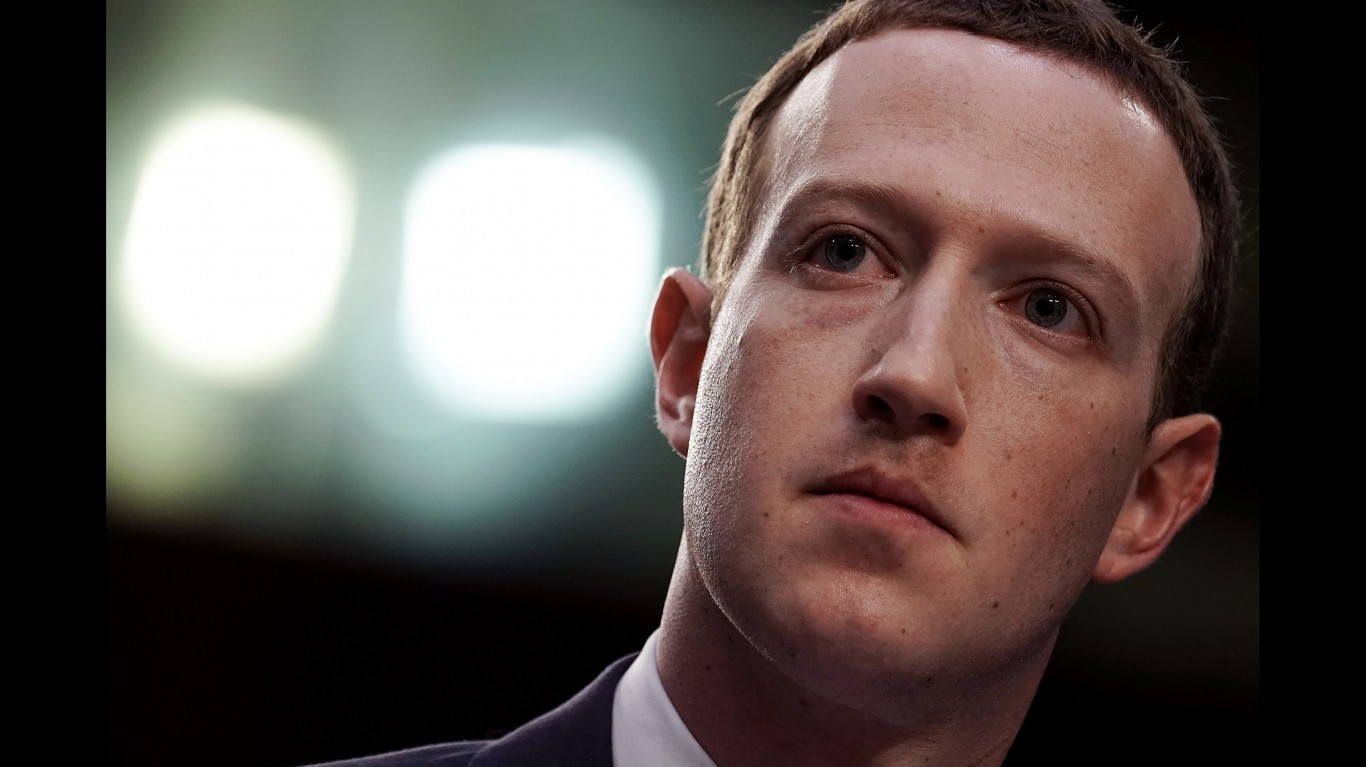
Has Facebook Inc. (NASDAQ: FB) advertising reached its peak? Ad revenues grew 22% year over year in the third quarter, but the company warned in its earnings release that growth may slow next year.
Certainly, the stay-at-home mandates due to the COVID-19 pandemic played a big role in the ad spending surge in the quarter, but is that surge likely to continue as the spread of coronavirus may be reduced next year by vaccines that could lead to a permanent reopening of the economy?
The impact on Facebook’s ad revenues may not become apparent until the third quarter of next year, given the recent resurgence of COVID-19 infections and the relatively easy year-over-year comparisons the company’s revenue totals have to challenge in the first and second quarters of 2021.
Once the economy gets rolling again and people are not tethered to their computers and smartphones for (sort of) human contact, will ad spending be cut back or shifted back into TV and even newspapers? Even if digital ad spending remains at current levels, can it continue to grow, unless Facebook can come up with another venue to deliver digital ads?
Third-quarter revenues grew by more than 50% at both Snapchat and Pinterest (although from a much smaller base). Twitter boosted its ad revenue by 15% year over year in the third quarter, and Amazon’s revenue in its “other” category (including ad revenue) rose by 51%.
Instagram, which Facebook paid $1 billion to acquire in 2012, now accounts for about a quarter of the company’s ad revenue, according to a report in The Wall Street Journal. To raise its ad revenue by a similar amount, Facebook either has to develop more real estate for ads on the existing sites or has to buy another company to provide more space.
Facebook already has increased the number of ads it shows on its two major platforms by an average of 30% year over year since the third quarter of 2015. That cannot go on forever or users will abandon them.
The company’s other choice is to limit space and raise ad pricing. That’s a delicate balance, however. Set the price too high and advertisers will take their dollars elsewhere. Set it too low and the problem gets worse.
As for buying another platform, given the recent attention on Facebook’s business by governments in Europe and the United States, chances are slim that Facebook would be allowed to swallow an existing company with a large enough revenue stream to move the needle.
The pending change in U.S. presidential administrations already is causing Facebook to take some steps to cozy up to the incoming Biden team. Ultimately, the company’s goal (along with the other tech giants) is to prevent a change to Section 230 of the Communications Decency Act, which protects digital platforms from liability for content posted by users. There is currently bipartisan support to eliminate that protection.
Facebook’s shares traded down about 1.7% Monday morning, at $265.06 in a 52-week range of $137.10 to $304.67. The price target on the stock is $314.74.
100 Million Americans Are Missing This Crucial Retirement Tool
The thought of burdening your family with a financial disaster is most Americans’ nightmare. However, recent studies show that over 100 million Americans still don’t have proper life insurance in the event they pass away.
Life insurance can bring peace of mind – ensuring your loved ones are safeguarded against unforeseen expenses and debts. With premiums often lower than expected and a variety of plans tailored to different life stages and health conditions, securing a policy is more accessible than ever.
A quick, no-obligation quote can provide valuable insight into what’s available and what might best suit your family’s needs. Life insurance is a simple step you can take today to help secure peace of mind for your loved ones tomorrow.
Click here to learn how to get a quote in just a few minutes.
Thank you for reading! Have some feedback for us?
Contact the 24/7 Wall St. editorial team.
 24/7 Wall St.
24/7 Wall St.



